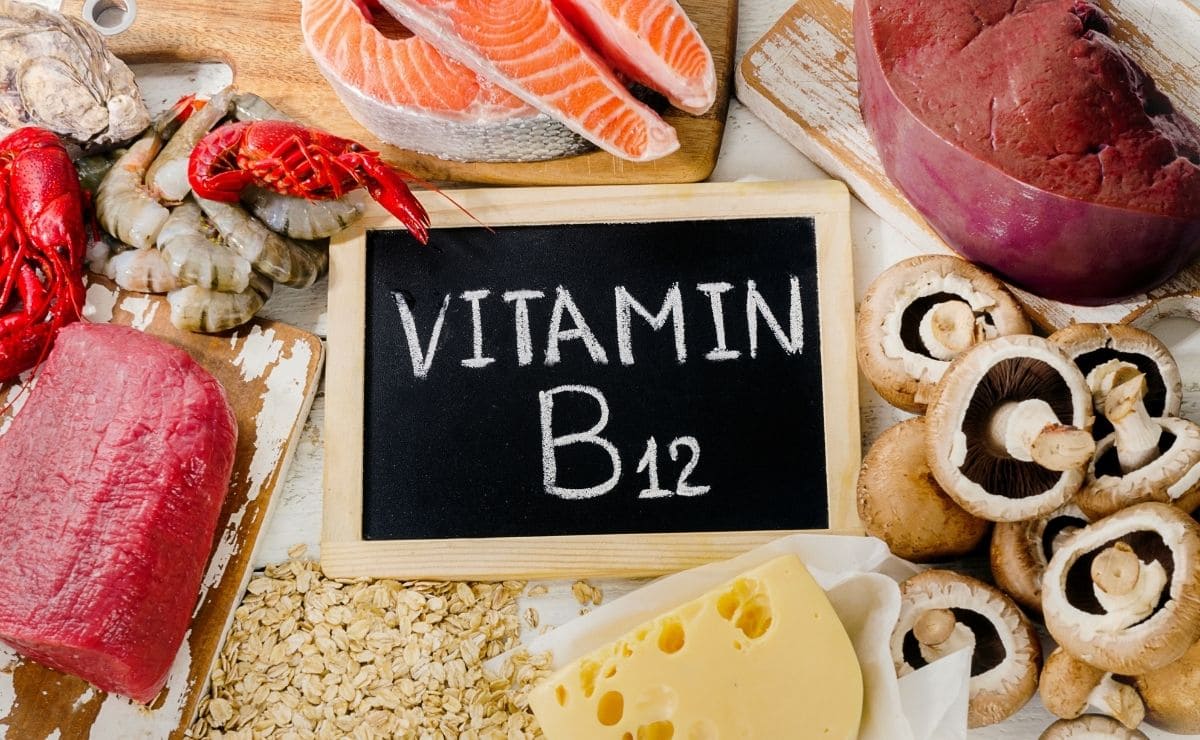Health & Beauty
Protect Your Health with the Right Vitamins and Supplements
Dietary supplements first became available in the 1940s and since then they’ve been spilling out of medicine cabinets or filling kitchen countertops throughout many homes around the world. While some are trying to combat a vitamin deficiency, others want to lower the risk of certain diseases and some simply feel proactive about their health.
Dietary supplement recommendations are everywhere, supplements health retailers can be seen on commercials and social media and amidst all that noise, it can be difficult to know which supplement from A to zinc is right for you. To help you narrow down your options, here is what you need to know before making a purchase.
How to Choose Your Vitamins and Supplements
Dietary supplements come in many forms, from pill to powder to liquid, however, one thing they all have in common is to supplement your diet to get enough nutrients and protect your health. You can choose from a wide range of supplements health retailers offer and select what you need. Make sure to speak with your healthcare provider before you start and consider your situation and health.

Supplements contain at least one dietary ingredient, such as vitamins, minerals, amino acids, enzymes, herbs or botanicals. Many people benefit from taking multivitamins, which are also a great way to avoid taking a lot of pills daily. Whether in a multivitamin or as a standalone supplement, the common supplements that may benefit your health include the following.
Vitamin C
Vitamin C has several important functions. It can help to protect cells and keep them healthy, maintain healthy blood vessels, bones, cartilage and healthy skin. Also, it may help with wound healing. It’s found in many fruits and vegetables, so it’s always a good idea to try to get all the vitamin C you need from your diet. Since it can’t be stored in the body, you need it in your diet daily.
Vitamin A
This is a nutrient important to vision, cell division, growth, immunity and reproduction. Also, it has antioxidant properties, which may protect your cells against the effects of free radicals that might play a role in cancer, heart diseases and other diseases. As a supplement, vitamin A can be beneficial for people who have a poor or limited diet or a condition that increases the need for this vitamin.
However, if you are planning to become pregnant or you are pregnant, make sure to talk to your doctor before taking vitamin A as excess use of it during pregnancy has been linked to certain birth defects.
Vitamin D
Vitamin D is important because it may help strengthen your immune system, reduce the risk of cancer, help your body absorb calcium and decrease the chances of developing type 2 diabetes. When it comes to vitamin D, few foods contain it as needed for daily dietary needs. Also, most people don’t get enough sun exposure to get the necessary vitamin D, therefore many are adding it to their supplement list.
Vitamin B12

This is a nutrient that keeps blood cells healthy and assists the process of creating DNA in your body and can help prevent certain types of anemia. As people age, getting vitamin B12 in their diets becomes more challenging, so they opt for supplementation.
Folic Acid
Folic acid is particularly important for women who are trying to get pregnant as it reduces the risk of certain birth defects, according to several researches. Pregnant women need 400mg of folic acid every day. It helps tissues grow and ensures your cells are working at maximum efficiency. Also, it can help the body create new proteins and blood cells and produce DNA.
Fish Oil
There is a lot of research that suggests that fish oil can help promote a healthy heart thanks to the Omega 3 fatty acids it contains. Inflammation can damage blood vessels and increase the risk of having a stroke or developing heart disease and Omega 3 fatty acids may help reduce this inflammation. Also, they may decrease triglycerides, reduce blood clotting, reduce irregular heartbeats and more.
Calcium
This is a nutrient that all living organisms need and the most abundant mineral in the body. Calcium is vital for bone health and for maintaining healthy communication between the brain and the rest of the body. Also, it can play a role in cardiovascular function and muscle movement.
Magnesium
Magnesium can support several different types of biochemical reactions in your body and help regulate blood sugar and blood pressure. Also, it can help your sleep and bone health.
Zinc
This is a nutrient found throughout the human’s body and it helps the immune system and metabolism function. It’s important for wound healing and improving the sense of smell and taste.
Final thoughts

In the end, remember that supplements are not a replacement for a healthy diet. As their name implies, they are meant to be supplementary and enhance the benefits already provided by eating a nutrient-dense diet. Keep in mind that supplements should never be used in place for real food, but only when your body needs a little extra nutrient boost to stay healthy, advised by your healthcare provider.
Your supplemental needs are unique to you as we all have different states of mind and emotions, different stress triggers and sleep qualities, and our bodies use and require nutrients differently. Take a good look at your health needs and make sure to always choose high-quality vitamins and supplements.








